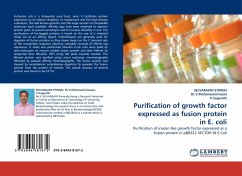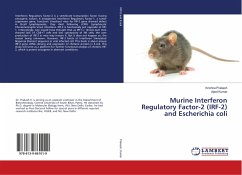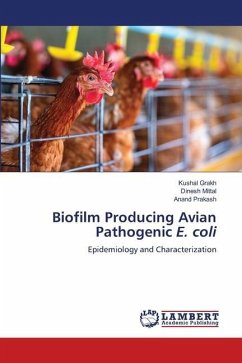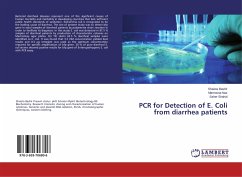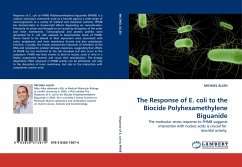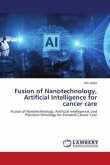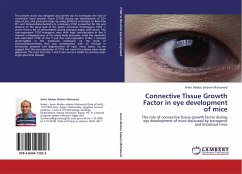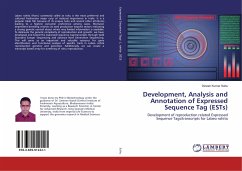Eschericia coli is a frequently used host, since it facilitates protein expression by its relative simplicity, its inexpensive and fast high density cultivation, the well known genetics and the large number of compatible molecular tools available. Affinity tags have been observed to improve protein yield, to prevent proteolysis and to increase solubility in vivo. The purification of his-tagged proteins is based on the use of a chelated metal ion as an affinity ligand. Enterokinases are generally used for digestion of fusion proteins as they cleave target on the C terminal side of the recognition sequence allowing complete removal of affinity tag sequences. A study was performed wherein E.coli cells were lysed by ultra-sonication to recover soluble fusion protein and then filtered by tangential flow filtration (TFF) using flat plate cassette module. The filtered protein was purified using anion exchange chromatography followed by pseudo affinity chromatography. The fusion protein was cleaved by recombinant enterokinase digestion to separate the fusion partner from the protein of interest. The overall recovery of desired protein was found to be 24.7%.

